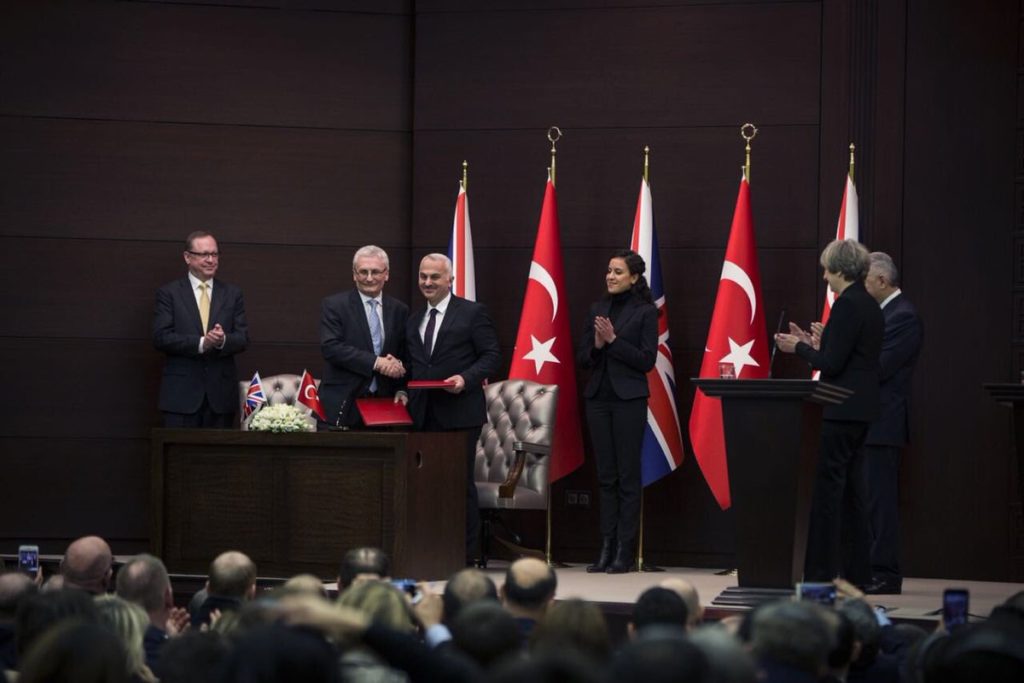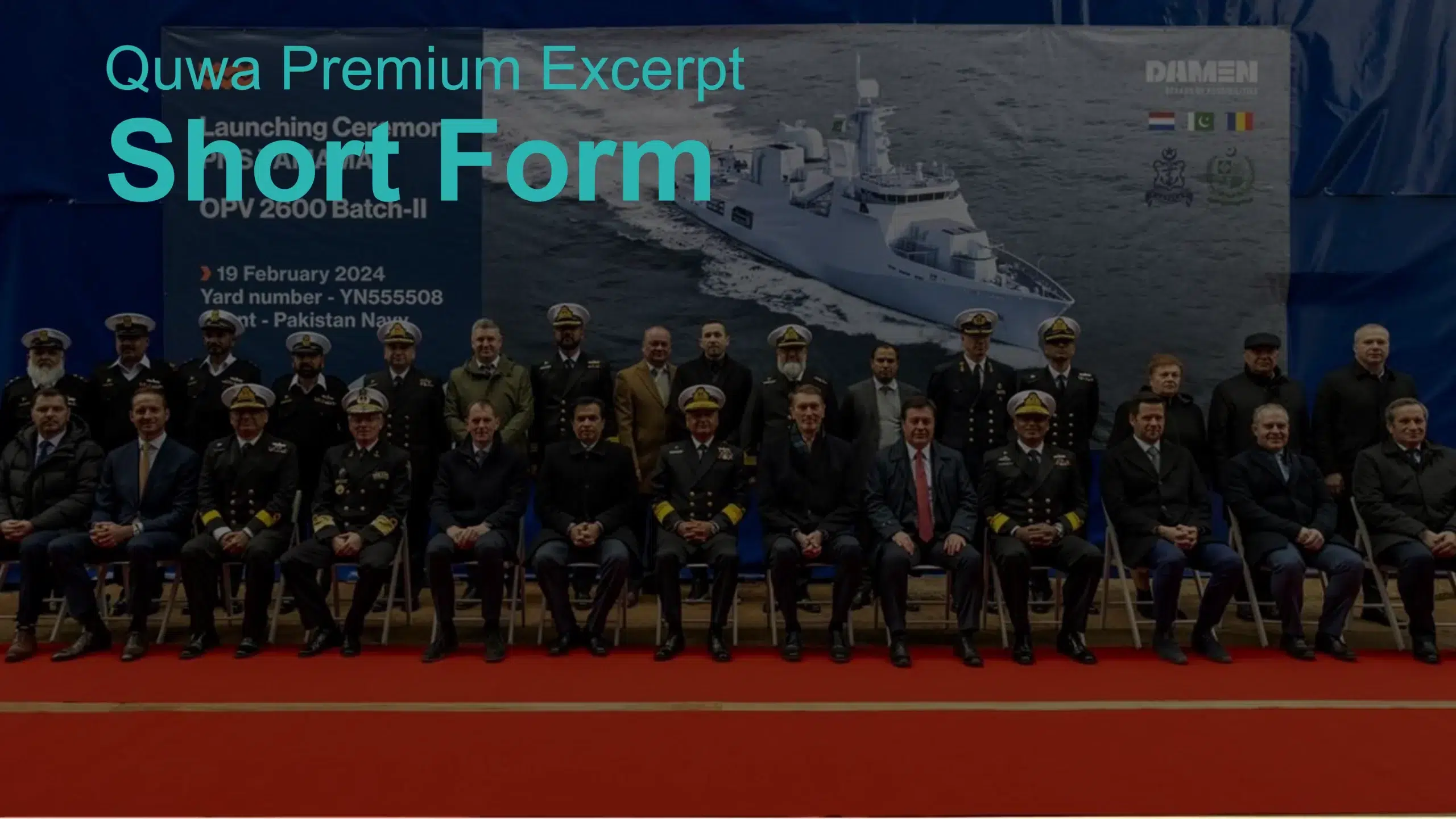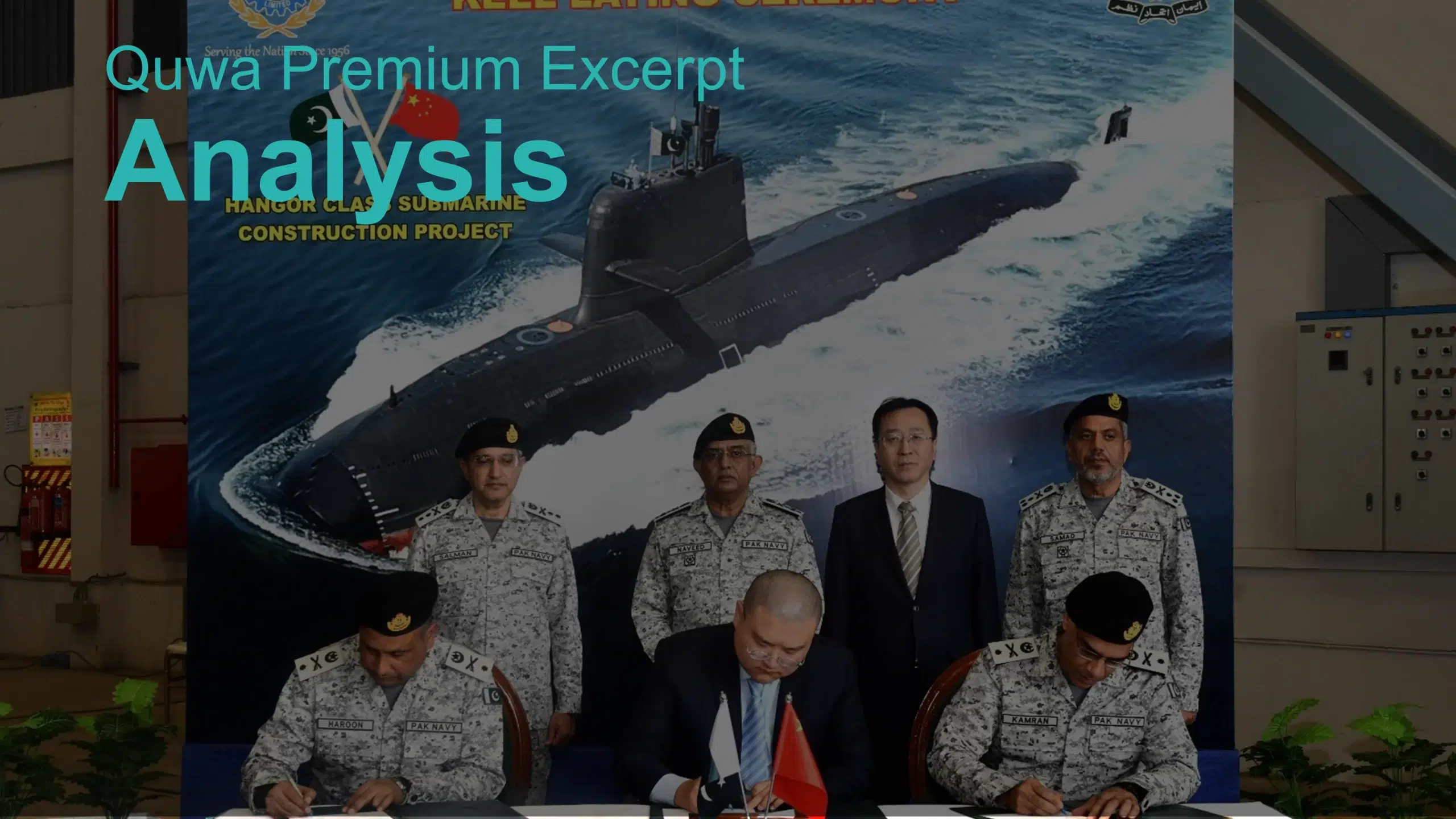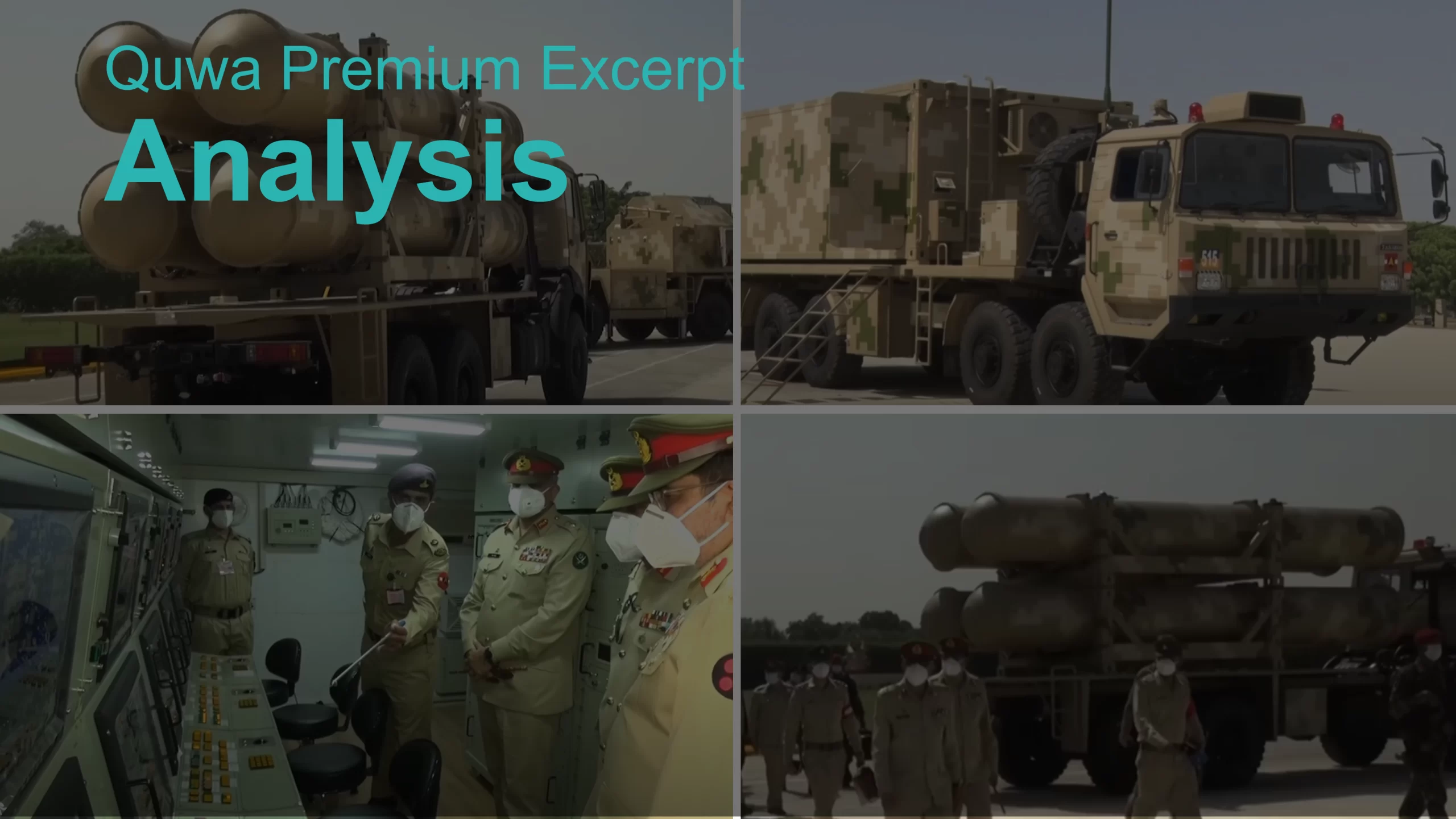Britain and Turkey have signed a £100 million-plus contract to collaborate on Turkey’s next-generation fighter program, the TFX. The deal was announced by Prime Minister Theresa May and Turkish Prime Minister Binali Yildirim on May’s ongoing visit to Turkey.
The contract is between Turkish Aerospace Industries (TAI) and BAE Systems.
The Chief Executive of BAE Systems, Ian King, celebrated the deal by stating:
BAE Systems is a leader in designing, manufacturing and supporting fighter aircraft and is in an excellent position to contribute technical and engineering expertise and experience of managing complex projects to this key Turkish programme … The agreement confirms ongoing collaborative work on the design and development of the aircraft. (BAE Systems)
BAE Systems added that this contract “builds upon a pre-contract study phase” it had done with TAI.
Notes & Comments:
In the backdrop of a failed coup attempt on President Recep Tayyip Erdogan, a pivotal design and technical support contract between TAI and BAE Systems was apparently delayed, stalling the TFX.
However, Arabian Aerospace reported that negotiations between the relevant Turkish and British parties continued to take place and culminated in this agreement, which appears to be a four-year contract to design of the TFX.
This contract will aim to complete the designing of the TFX by 2020. Upon its completion, another four-year contract will be signed to undertake the TFX’s development. A date for the maiden test flight has not been determined. Turkey had intended to conduct it in 2023 in celebration of its 100th year as a republic.
Arabian Aerospace states that “export rights, industrialization, as well as strategic aspects, are all under consideration, with the engine being the most crucial of the latter.” Rolls-Royce and Eurojet are expected to be the leading contenders to power the TFX.
The TFX is intended to replace the Turkish Air Force’s F-16s.
Turkey will initiate its next-generation fighter procurement with the Lockheed Martin F-35 Lightning II. As a Joint Strike Fighter (JSF) program partner, Turkey will pair its procurement with offsets and technology transfers for its local industry. The experience and technical support base will be leveraged for the TFX in tandem with BAE Systems’ research and development capacity.
Besides replacing its F-16s, Turkey also intends to export the TFX. Intellectual property ownership of the design and licensed manufacturing of the turbofan engine (and export licenses) will be essential.
Although the TFX is in its embryonic stages, Turkey has been reaching out to potentially interested third parties. For example, the head of TAI’s Aircraft Group Özcan Ertem told MSI Turkish Defence Review (during the 2016 International Defence Exhibition and Seminar) that TAI is officially in touch with relevant Pakistani sides in regards to the TFX. In August 2016, the Pakistani Minister of Defence Production Rana Tanveer Hussain told Pakistan’s state-owned television network PTV that Turkey invited Pakistan to take part in the TFX program.
The TFX has significant potential for BAE Systems and the British defence industry at large. First, the TFX is a locally driven program in that the primary intended customer is Turkey. This will guarantee scale in terms of TFX production and anchor the platform to a home which will ensure the production and the ongoing development of the platform. It will also distribute the research and development overhead from the onset, contributing to the TFX’s marketability to prospective third-party buyers.
Granted, Turkey will want to control the intellectual property and domestically secure its supply channel, but Turkey’s need is the TFX’s best opportunity for survival through its development. The pay-off for BAE Systems is a fighter it is potentially free to globally market. The Arab Gulf will be a key area of focus for BAE Systems, and considering Turkey’s increasingly pervasive presence in the region, TAI and BAE Systems can operate in concert. However, the North Africa market, which has been beneficial to Western Europe and Russia, could also be a major focal-point.
It will be key to observe if the two parties can succeed to control the unit cost of the TFX. It will not be a low-cost platform by any means considering its high-performance mission requirements, but competitive pricing will be essential to favourably position the TFX against the South Korean-led KFX, Russian T-50, and Chinese FC-31. Turkey has spent the previous decade to build valuable defence relationships with many major militaries (e.g. in Saudi Arabia, Pakistan, Algeria, etc), which should ease the marketability of competitive and accessible NATO-grade equipment. However, ‘accessibility’ a key variable, and while Turkey is taking steps to rectify it by developing a credit/financing mechanism, Britain’s entry as a defence industry partner could have an augmentative impact. If positive, the two countries might benefit collectively.




